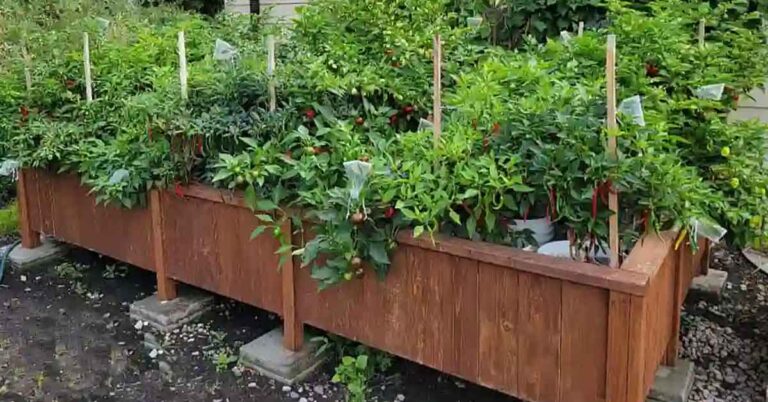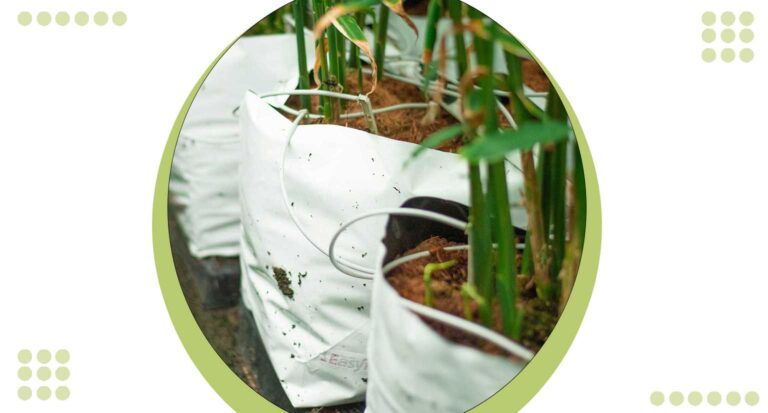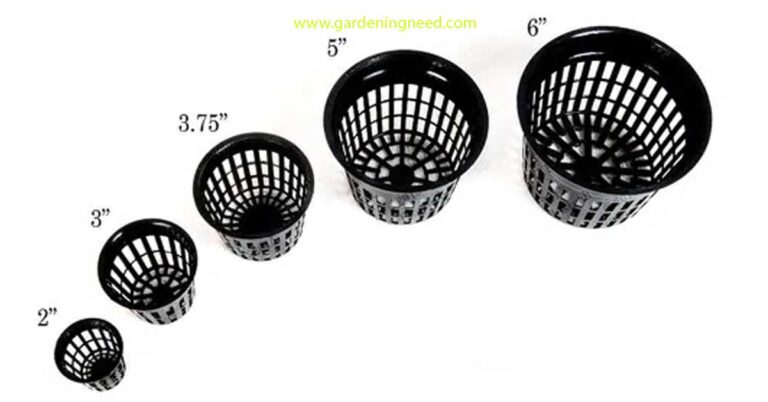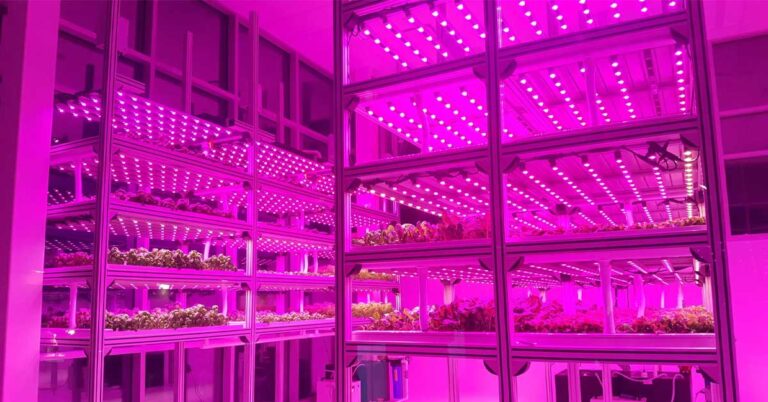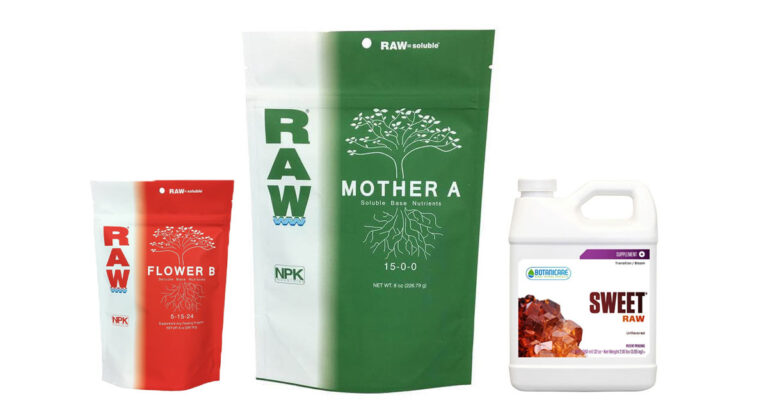General Hydroponics Organic
Discover the pinnacle of cultivation innovation through General Hydroponics Organic offerings.
Delve into a world where growth knows no bounds, where nature and technology converge seamlessly to redefine agricultural possibilities.
Harness the power of organic hydroponics to cultivate healthier, more abundant yields, setting a new standard in sustainable farming practices.
Dive into the future of agriculture with General Hydroponics Organic solutions.
Is organic hydroponics possible?
In the realm of agriculture, General Hydroponics has shattered preconceptions. The answer is a resounding yes — organic hydroponics is not just a possibility but a reality.
General Hydroponics has spearheaded the fusion of organic practices with hydroponic efficiency, paving the way for a sustainable, nutrient-rich future in cultivation.
Decoding the Feasibility of Organic Hydroponics
Traditionally, the term “organic” has been associated with soil-based agriculture. However, General Hydroponics has revolutionized this notion.
Through meticulous research and innovative techniques, they’ve crafted a system where organic principles and hydroponic technology intertwine harmoniously.
Organic hydroponics is not only feasible but also sustainable. General Hydroponics has pioneered methods that eliminate synthetic fertilizers, prioritizing natural, nutrient-rich solutions for plant growth.
This groundbreaking approach challenges conventional farming paradigms, offering a viable, eco-friendly alternative.
General Hydroponics for Optimal Vegetable Growth
Wondering if General Hydroponics is suitable for your vegetable garden?
Absolutely. This cutting-edge hydroponic system goes beyond conventional methods, offering a tailored solution for growing robust, nutrient-dense vegetables.
Advantages of using General Hydroponics for vegetables, from accelerated growth rates to enhanced nutrient absorption.
Experience a paradigm shift in vegetable cultivation as General Hydroponics sets the stage for bountiful harvests and consistently high-quality produce.
Unlocking the Benefits
Discover the multitude of advantages that General Hydroponics offers when cultivating vegetables. From optimized nutrient absorption to accelerated growth rates, explore how this innovative system elevates vegetable production to new heights, ensuring consistently high-quality yields.
Best Practices for Vegetable Growth
Delve into the best practices tailored specifically for cultivating vegetables using General Hydroponics. Learn about precise nutrient formulations, ideal environmental conditions, and maintenance protocols that maximize growth and yield potential.
Comparison to Traditional Methods
Contrast the efficacy of General Hydroponics with traditional soil-based methods for vegetable cultivation. Uncover the efficiency, resource utilization, and yield disparities between these approaches, showcasing the superiority of General Hydroponics in delivering optimal results.
Varieties of Vegetables Thriving with General Hydroponics
Explore a myriad of vegetables that flourish exceptionally well in General Hydroponics systems.
From leafy greens to vine crops, discover how different vegetable types thrive in this advanced hydroponic environment, ensuring a diverse and abundant harvest.
-Optimized Nutrient Absorption: General Hydroponics facilitates direct delivery of nutrients to plants, ensuring maximum absorption and utilization for robust vegetable growth.
-Accelerated Growth Rates: Experience faster growth cycles compared to traditional soil methods, resulting in quicker harvests and increased productivity.
-Consistent Quality Yields: Achieve consistent, high-quality vegetable yields regardless of seasonal variations or soil conditions, ensuring a steady supply of premium produce.
Best Practices for Vegetable Growth
-Precise Nutrient Formulations: Learn about meticulously crafted nutrient solutions tailored to meet the specific needs of various vegetable types for optimal growth.
-Environmental Optimization: Understand the ideal environmental parameters such as temperature, pH levels, and lighting conditions crucial for maximizing vegetable growth in hydroponic setups.
-Maintenance Protocols: Discover efficient maintenance practices to ensure the longevity and efficiency of the hydroponic system for sustained vegetable cultivation.
Comparison to Traditional Methods
-Resource Utilization: Contrast the efficient use of water and nutrients in General Hydroponics against the comparatively higher resource consumption in traditional soil-based methods.
– Yield Disparities: Highlight the differences in yield potential and consistency between General Hydroponics and conventional soil farming, emphasizing the superior productivity of hydroponic systems.
– Environmental Impact: Discuss the reduced environmental footprint and minimized soil erosion associated with hydroponic farming in comparison to traditional agriculture.
Varieties of Vegetables Thriving with General Hydroponics
- Leafy Greens: Explore how spinach, lettuce, and kale thrive exceptionally well in hydroponic systems, offering consistent and vibrant yields.
- Vine Crops: Discover the success of cucumbers, tomatoes, and peppers in hydroponics, showcasing the robust growth and superior quality of these vegetables.
- Root Vegetables: Explore techniques tailored for carrots, radishes, and beets, demonstrating how hydroponic systems can efficiently support root vegetable cultivation.
Hydroponic vs. Organic
In the realm of cultivation methods, the comparison between hydroponic and organic approaches often sparks debate.
While both hold unique merits, determining which is “better” largely depends on specific priorities and perspectives.
Hydroponic Cultivation
– Efficiency and Precision: Discuss how hydroponic systems offer precise control over essential factors like nutrient composition, pH levels, and light exposure.
This level of control optimizes plant growth, resulting in faster maturation, increased yield potential, and consistent crop quality.
– Resource Optimization: Highlight the efficient use of resources in hydroponics, particularly water. Compared to traditional soil-based farming, hydroponic systems use up to 90% less water due to recirculation and minimal evaporation, making it an eco-friendly option in regions with water scarcity.
– Year-round Cultivation: Emphasize the ability of hydroponic setups to provide a controlled environment, allowing cultivation throughout the year regardless of external weather conditions.
This continuous production contributes to consistent supply chains and meets market demands more efficiently.
Organic Cultivation
-Natural and Sustainable Practices: Elaborate on the adherence to organic practices, which avoid synthetic fertilizers and pesticides. Emphasize the focus on building soil health through organic matter, compost, and crop rotation, promoting biodiversity and ecosystem balance.
-Environmental Impact: Discuss the environmental benefits of organic farming, such as minimizing soil erosion, improving soil fertility, and reducing chemical runoff into water bodies. This method aligns with eco-friendly practices and contributes to long-term environmental sustainability.
-Flavor and Nutritional Value: Highlight studies suggesting that organic produce may contain higher levels of certain nutrients and antioxidants due to healthier soil conditions and increased microbial activity. Additionally, organic consumers often attribute better taste to these products.
Choosing the Ideal Method
– Priority-based Decision: Explain that choosing between hydroponic and organic methods depends on the priorities of the farmer or cultivator.
If efficiency, precise control, and year-round production are paramount, hydroponics might be preferred. If sustainability, natural practices, and potential flavor enhancement are priorities, organic methods might be favored.
– Varied Applications: Emphasize that both methods have unique strengths and can complement each other in different agricultural contexts.
For instance, hydroponics might be more suitable for urban farming or areas with limited space, while organic farming might align better with a desire for natural, sustainable practices.
Why Hydroponics May Not Be Considered Organic?
While hydroponic systems offer numerous benefits, some perspectives hesitate to label them as “organic.” This hesitation arises from distinct characteristics that differentiate hydroponic farming from traditional organic practices.
Key Differentiators
– Soil Dependency: Traditional organic farming emphasizes soil health as a cornerstone of cultivation. Hydroponics, in contrast, operates without soil, relying on nutrient solutions to feed plants directly. This absence of soil contradicts the conventional understanding of organic farming.
– Use of Synthetic Substrates: Some hydroponic systems use inert materials like rock wool or perlite as growth mediums.
While these materials are inert and do not contain synthetic chemicals themselves, they might not align with the organic principle of natural soil-based mediums.
– Debate Over Certification: The absence of soil and the use of controlled environments in hydroponics raise questions about its adherence to traditional organic certification standards.
Certification bodies and regulations often favor soil-based methods and may not easily certify hydroponic operations as “organic.”
– Controversies Surrounding Inputs: Discussions persist regarding whether the inputs used in hydroponics, such as specific nutrient solutions or growth mediums, align with the natural and sustainable criteria integral to organic farming.
– Varied Perspectives: The definition of “organic” varies across regions and certifying bodies. Some argue that hydroponics can be organic if it adheres strictly to organic principles, while others contest this due to the method’s deviation from soil-based practices.
Industry Discussions and Evolving Definitions
– Ongoing Debates: Recognize that ongoing discussions within the agricultural community revolve around whether hydroponics can be classified as organic. This debate is a reflection of evolving farming practices and the need to adapt definitions to technological advancements.
– Potential for Hybrid Approaches: Acknowledge the possibility of hybrid methods emerging, blending the precision and efficiency of hydroponics with organic principles. This fusion might bridge the gap between traditional organic farming and modern hydroponic techniques.
General Hydroponics Nutrient Products for Enhanced Plant Growth and Development
Diamond Black
Diamond Black is a rich organic solution derived from leonardite, a natural source of humic acids.
It provides plants with a spectrum of organic compounds that aid in nutrient uptake, root development, and overall plant health.
Its humic acid content enhances soil structure, water retention, and nutrient absorption, promoting vigorous growth and improving soil quality.
Ancient Forest Humus
This product is crafted from high-quality, ancient peat and forest humus. It contains a blend of natural ingredients that enrich the soil, improving its structure and fertility.
Ancient Forest Humus enhances microbial activity in the root zone, facilitating nutrient uptake and creating an optimal environment for robust plant growth.
CaMg+
CaMg+ is a specialized supplement designed to provide plants with essential calcium (Ca) and magnesium (Mg) nutrients.
Calcium and magnesium are vital elements required for healthy plant development, aiding in cell structure, enzyme activation, and photosynthesis. This product helps prevent deficiencies of these critical nutrients, ensuring strong, resilient plants.
Bud
Bud is a flowering additive specifically formulated to support blooming and fruiting stages of plants. It contains a blend of phosphorus, potassium, and other trace elements crucial for flower formation, enhancing bloom size, density, and essential oil production. Bud promotes flowering and contributes to higher yields of quality fruits or flowers.
Marine (2-3-1)
Marine is a nutrient blend enriched with marine-derived ingredients. This solution provides a balanced ratio of nitrogen (N), phosphorus (P), and potassium (K), along with trace minerals sourced from marine sources. It supports healthy plant growth, strengthens cell walls, improves nutrient uptake, and enhances overall plant vigor.
Root (1-1-1)
Root is a root-zone conditioner formulated to stimulate root development and optimize root health. It contains essential nutrients and beneficial microbes that encourage robust root growth, improving nutrient absorption and plant resilience.
Root creates an ideal environment for the proliferation of healthy roots, contributing to overall plant vitality.
Each of these General Hydroponics products serves a specific purpose in promoting plant health, growth, and development, offering specialized nutrients and compounds to support various stages of the plant’s lifecycle and enhance overall performance.


